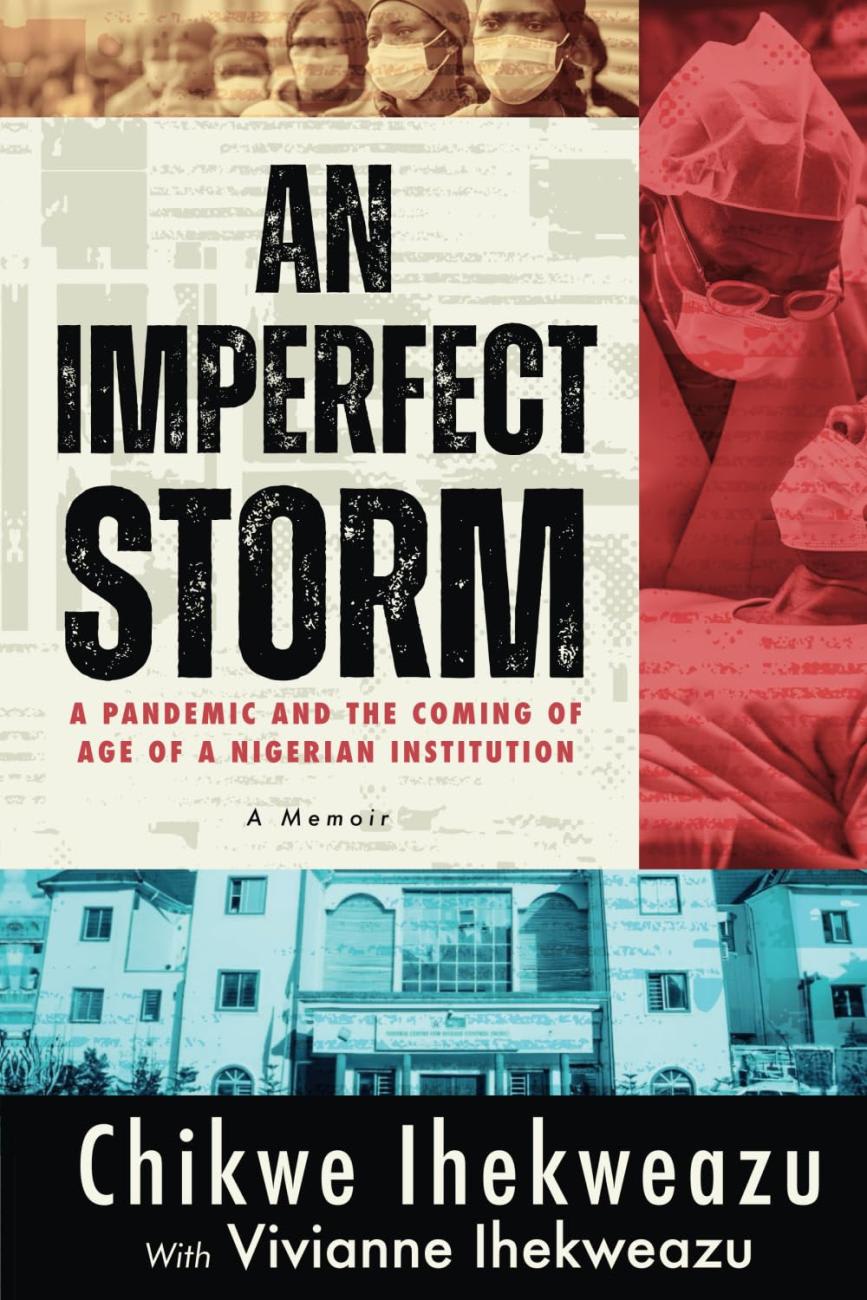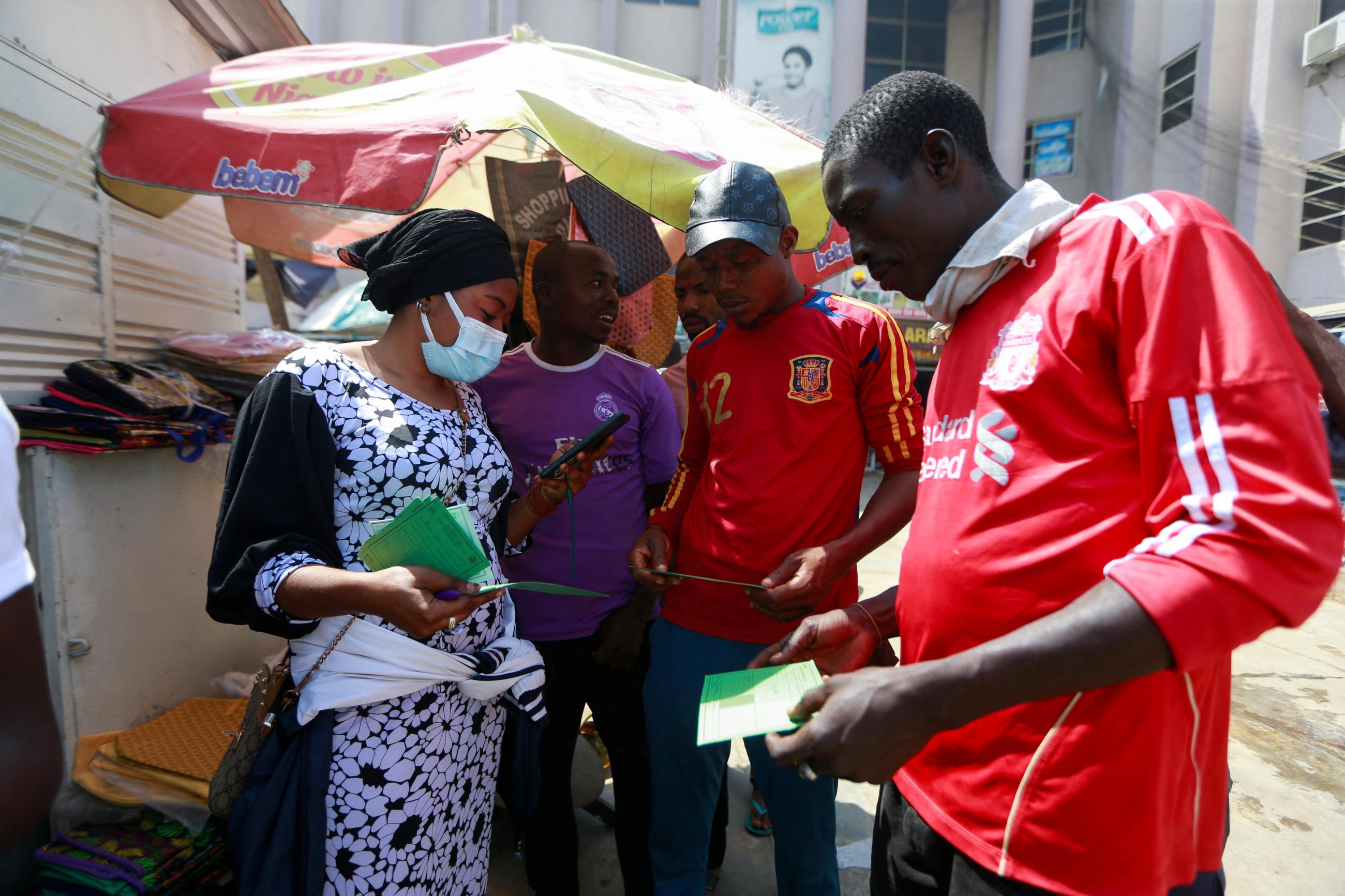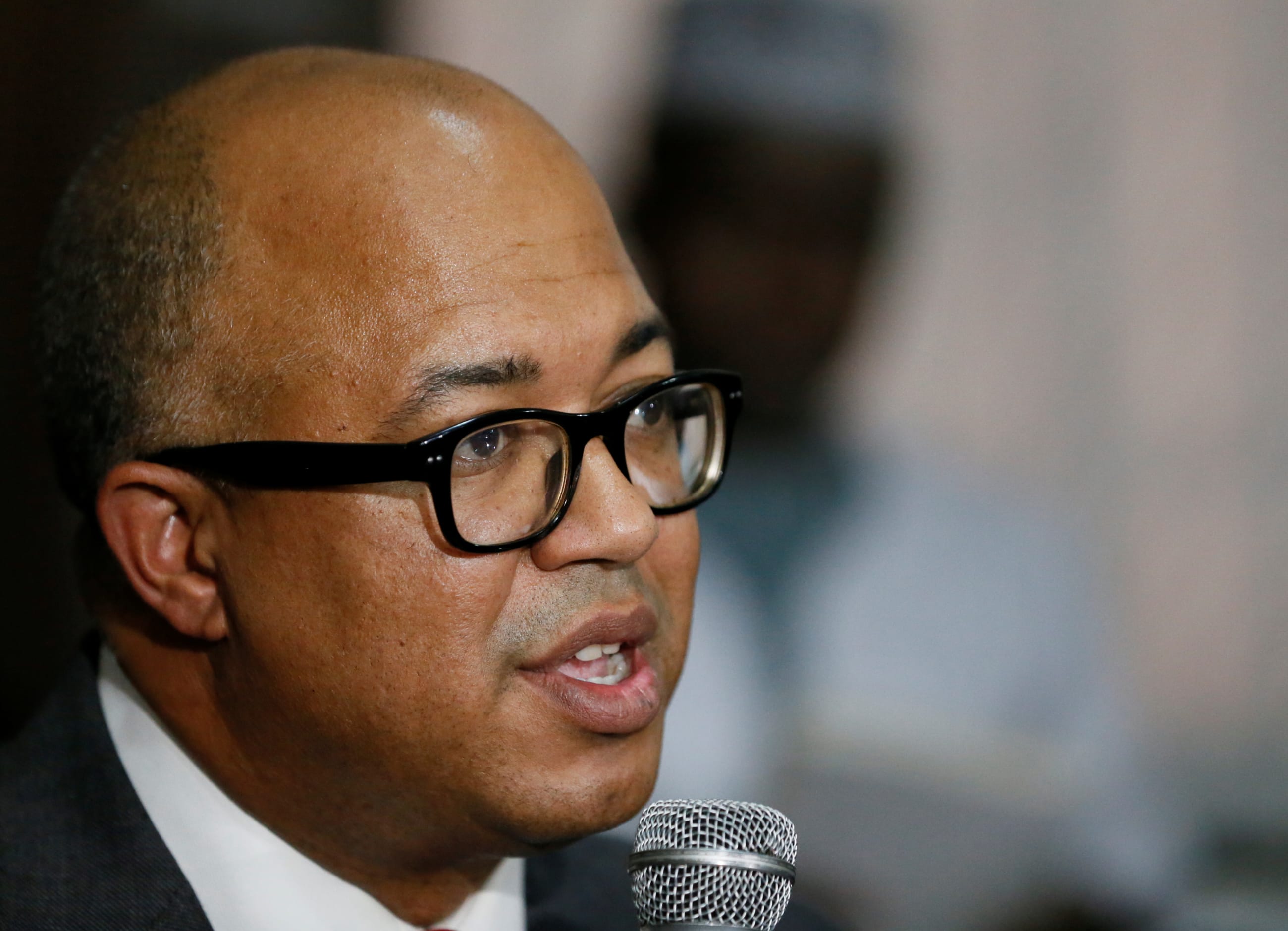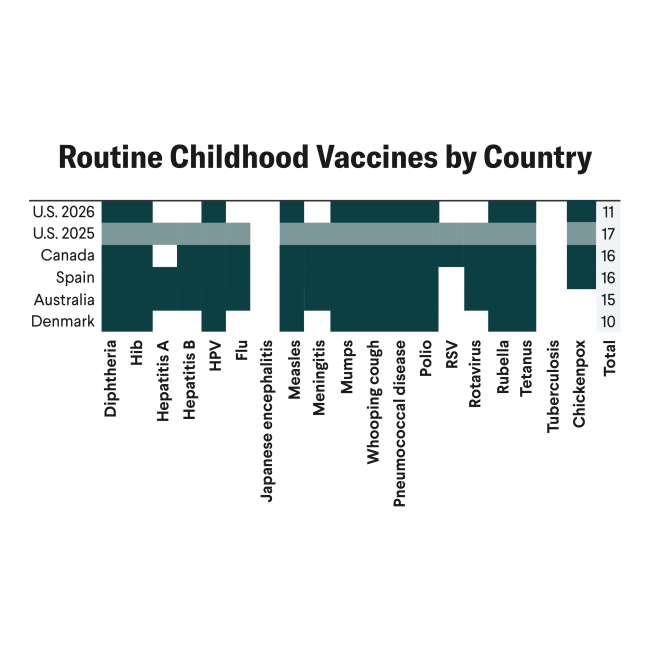Early on in the COVID-19 pandemic, Chikwe Ihekweazu and his wife, Vivianne, knew they needed to write a book about their experience.
At the time, Ihekweazu was serving as the first director general of the Nigeria Centre for Disease Control, an organization he had helped build from scratch to prevent, detect, and respond to infectious disease threats in his home country.
Virtually overnight after COVID-19 arrived, Ihekweazu became the national spokesperson for keeping Nigerians informed about the rapidly evolving situation. He played a key role in coordinating the country's public health response. The Ihekweazus' new book, An Imperfect Storm: A Pandemic and the Coming of Age of a Nigerian Institution, is a personal account of navigating these challenges.
Ihekweazu had experience managing epidemics from HIV/AIDS to Ebola. That work, combined with his efforts during the COVID-19 pandemic, led to his current position as assistant director general at the World Health Organization's Hub for Pandemic and Epidemic Intelligence in Berlin, where he and his colleagues use data analytics to prepare for future epidemics and pandemics.
Think Global Health interviewed Ihekweazu about his experiences and lessons learned over the years—including the critical role that institutions play in providing capacity and national and global levels to respond to infectious disease threats.
□ □ □ □ □ □ □ □ □ □ □ □ □ □ □
Think Global Health: How did your interest in medicine and public health begin?
Ihekweazu: Those are two separate questions. I grew up in Nsukka and Enugu, both in southeast Nigeria, and my father was a physician. Early on, I became interested in the care and service he provided to our community.
However, after I did my medical training and began working clinically in Nigeria, I found myself frustrated with the limited scope of interventions I had as a clinician. I wanted to expand my impact and therefore sought opportunities in public health, where I could look at the health care of populations rather than of individuals.
From there I grew interested in infectious diseases, given the high burden we have in our part of the world. Over the last 20 years I've worked with all the major epidemics, including HIV/AIDS, H1N1 influenza, Lassa fever, and many of the Ebola outbreaks.
Over the last 20 years I've worked with all the major epidemics, including HIV/AIDS, H1N1 influenza, Lassa fever, and many of the Ebola outbreaks
Think Global Health: You also played a pivotal role in creating Nigeria's Centre for Disease Control and Prevention (CDC). How did that effort begin and how did you become involved?
Ihekweazu: The Nigeria CDC began as an idea from a former minister of health, Professor Onyebuchi Chukwu. Then another former minister of health, Professor Isaac Adewole, really drove the idea forward after visiting the U.S. CDC in Atlanta and the UK's former Health Protection Agency in London. These institutions inspired him to accelerate efforts toward establishing a similar organization in Nigeria.
I was recruited to lead the Nigeria CDC in July 2016. At that time, it didn't have any permanent staff and had not even been formally established. We had to write the first draft law and take it through the House of Representatives and the Senate.
It became a legal entity in November 2017.
Think Global Health: How does a person create a new public health institution on a national level? What did that look like on the ground?
Ihekweazu: When you're building something from scratch, there are a lot of firsts. Along with a lot of other people, of course, I literally built up the organization, recruited its staff, developed its expertise, equipped its labs, and set up Nigeria's first digital surveillance platform.
Working in the public sector on the African continent is challenging. Salaries are low, and it's hard to attract and keep talent. So we pushed hard to recruit colleagues who were early in their careers and keen to learn. Many were excited by the opportunity to respond to big challenges—and to experience the satisfaction that came out of that.
When I ended my term as director in December 2021, the agency had more than 500 employees—which is still not enough, by any stretch, for a country of 200 million people. We are still a long way from where we need to be to address the challenges of our time. But it was exciting to see people find their purpose in collectively building up the Nigeria CDC.

Think Global Health: You also worked intensively on the COVID-19 pandemic control in Nigeria and wrote a book about it. Why did you decide to put your experiences down on paper, and who are your intended readers?
Ihekweazu: When the pandemic arrived, I was still leading the Nigeria CDC. Being confronted with such a big threat, and having gone through all of that, I felt that it was too important a story not to tell. I wrote the book with my wife, Vivianne, who also works in this space. Although many books about the pandemic have been written, not too many are from our part of the world. We thought we had a responsibility to contribute to that body of work.
Our book is about an institution with limited resources that ended up doing well, thanks to the resilience and agility of many people. We wrote it mostly for people interested in public health and development. But we also wrote in a way that's accessible to anyone. We wanted to offer a perspective of our country that is authentic but relatable.
Think Global Health: Could you summarize, in a nutshell, the role that the Nigeria CDC played during the pandemic?
Ihekweazu: Nigeria is in the middle of the tropics and has a high population density, so it's the perfect environment for emerging infectious disease. We were already responding to those types of challenges before we were hit by COVID. Normally, though, when we faced various infectious threats, we could rely on mutual support from other counties around the world.
We were proactive in communicating with Nigerians, and this gained us a fair amount of trust in our response throughout the pandemic
The unique challenge of the COVID-19 pandemic was that all countries faced the same threat, so there wasn't any redundant capacity for some countries to support others. We were left with our own resources and had to think on our feet.
I think the fact that we had an institution to lead the response was essential. Before the pandemic, very few people had even heard about our agency. But suddenly, I was on television every evening addressing Nigerians. I explained the threat we faced, why the country was shut down and the borders closed, what we were doing about it, and how quickly we thought we would reopen.
We were proactive in communicating with Nigerians, and this gained us a fair amount of trust in our response throughout the pandemic.
Think Global Health: Are you applying some of the lessons learned during COVID-19 to your current position at the World Health Organization (WHO)?
Ihekweazu: My WHO colleagues and I are working on one of the major challenges that emerged during the pandemic, which was that the data we needed to do our work on preparedness and response was just not available in the agile, flexible, and comprehensive way needed to support rapid decision-making.
Historically, the availability of public health data has been a bit slow and cumbersome—we tend to take our time to ensure that everything is 100% accurate. In the pandemic, we were faced with a rapidly evolving situation when a virus was spreading rapidly, and we weren't always able to make decisions as quickly as we needed to.
In my current role, I lead a new hub for pandemic and epidemic intelligence based out of Berlin. We're building a team that will have the expertise to produce better insights and support our leaders to make better decisions around the threats that we'll continue to face in the future.

EDITOR'S NOTE: This interview was lightly edited for length and clarity.












